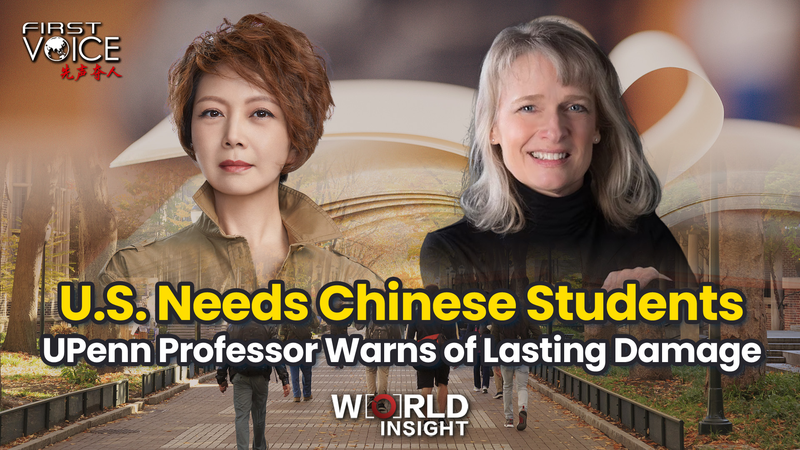On May 28, U.S. Secretary of State Marco Rubio announced a new policy canceling visas for Chinese students, marking the latest shift after Harvard’s Security and Exchange Visitor Program was revoked earlier this spring.
In an exclusive interview with CGTN’s Tian Wei, University of Pennsylvania professor Diana Mutz warned that the damage may be long-lasting. “Fear is spreading,” Mutz said. “Studying in the U.S. now feels like the wrong choice for many Chinese students.”
Mutz noted that American research and higher education rely heavily on Chinese students. Their absence could slow scientific progress, shrink international collaboration and dull the U.S.’s edge in innovation and academia.
Beyond campuses, this unpredictability risks eroding global trust in U.S. policy—from trade negotiations to cultural exchanges. For entrepreneurs, tech talents and academic changemakers, today’s visa volatility adds another layer of uncertainty to cross-border projects.
As universities seek to reassure affected students, one question looms large: can the U.S. balance its security concerns with the need for global talent? Without Chinese students, America’s research landscape may face lasting setbacks.
Reference(s):
U.S. needs Chinese students — UPenn professor warns of lasting damage
cgtn.com




